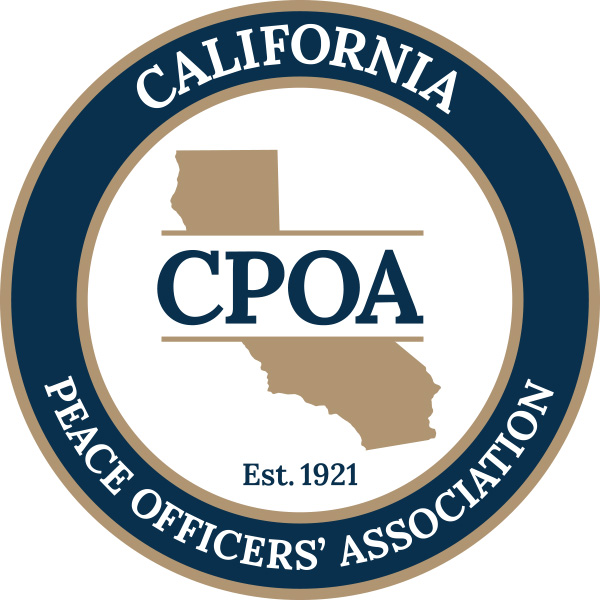By: Shaun Rundle, Deputy Director
While COVID-19 has derailed much of the legislative activity in the deserted Capitol, the Legislature was forced to switch its focus to a newly created budget deficit due to the pandemic response and unemployment insurance obligations. The Governor’s budget proposal presented in January to the Legislature consisted of a budget surplus, but that has quickly dwindled as you have seen. What that means for public safety legislation with any fiscal impact to California’s General Fund, it that such proposals are likely DOA. The May Revise of the budget now projects a $54B deficit, so all funding will be prioritized to pandemic and economic recovery.
Within the last few weeks, the Legislature did return to regular business, however. Assembly and Senate policy committees, such as Public Safety, Judiciary, Transportation, etc. will start hearing bills that would have normally been heard over the last few months. As CPOA’s advocate, I have been monitoring these pieces of legislation, and discussing with our Law & Legislation Committee.
One such bill that was amended during this pandemic crisis was SB 889 (Skinner-D), a proposal that would extend the jurisdiction of the juvenile court to those who are between 12 and 19 years of age, inclusive. This bill would provide that the juvenile court may maintain jurisdiction over a person until the person attains 24 years of age. Essentially then, an 18 or 19-year-old commits a special circumstance murder and gets LWOP, and the case remains in juvenile court, that “youthful offender” would have to be released at age 25 under if this bill became law. Although amended to these terms on 03/25/20, SB 889 does not yet have a hearing date.
Here are a few other bills that CPOA has been monitoring:
AB 2481 (Lackey R) Sexual assault forensic evidence: testing. CODE(S): PC 680
Existing law requires law enforcement agencies to either submit sexual assault forensic evidence received on or after January 1, 2016, to a crime lab within 20 days after it is booked into evidence or to ensure that a rapid turnaround (DNA) program is in place, as specified.
Existing law also requires a crime lab that receives sexual assault forensic evidence on or after January 1, 2016, to either process the evidence, create DNA profiles when able, and upload qualifying DNA profiles into the Combined DNA Index System, as specified, or transmit the sexual assault forensic evidence to another crime lab as soon as practically possible, but no later than 30 days after receiving the evidence, for processing of the evidence for the presence of DNA.
This bill would require law enforcement agencies, for any sexual assault forensic evidence received by the law enforcement agency prior to January 1, 2016, to submit that evidence to the crime lab on or before January 20, 2021. The bill would additionally require the crime labs, for any sexual assault forensic evidence received by the lab prior to January 1, 2016, to process that evidence no later than May 20, 2021.
NOTES: It was suggested that CPOA confer with CAPE (California Association for Property and Evidence). CAPE feels that the bill is too “all or nothing” since not every rape case warrants a kit to be processed. The burden will remain on crime labs.
AB 2532 (Irwin D) Firearms: gun violence restraining orders.
CODE(S): PC Sections 18170, 18190, 18400, 18405, 18415, 18420, and 18500 and WIC Sections 8100, 8102, and 8105
Existing law, commencing on September 1, 2020, authorizes specified individuals, including a law enforcement officer, or a family member, employer, or coworker of a person, to petition the court to issue an order restraining that person from possessing a firearm, as specified, or to petition the court for the renewal of such an order.
This bill would authorize a district attorney, county counsel, or city attorney to file a petition on behalf of a law enforcement officer, requesting the issuance or renewal of these orders, and to represent an officer in any subsequent court proceeding related to the issuance or renewal of the order.
NOTES: Committee felt that this would place less of a duty and burden on LEO’s. POSITION: Support
SB 938 (Wiener D) Trial testimony: expert witnesses: writ of habeas corpus.
CODE(S): EC 802 and PC 1473
Would expand the definition of false evidence to include the opinions of experts that are undermined by scientific research that existed at the time of the expert’s testimony and opinions for which a reasonable dispute has emerged within the expert’s relevant scientific community as to the validity of the methods or theories upon which the expert based their opinion.
NOTES: Committee had concerns over the definition of “false evidence” in the bill, and CPOA will be leaning towards opposing the bill while discussing with the author.
SB 1203 (Jones R) Law enforcement: homeless outreach teams.
CODE(S): PC Chapter 8.2 (Section 13874)
Would require the Department of Justice, to the extent funding is provided for these purposes, to administer a competitive grant program to enable local law enforcement agencies to establish and operate homeless outreach teams. POSITION: Support
SB 1220 (Umberg D) Peace and custodial officers.
CODE(S): EC 1045 and PC 832.7
Would, on and after January 1, 2022, require any state or local law enforcement agency maintaining personnel records of peace officers and custodial officers to, upon request, provide a prosecuting agency a list of names and badge numbers of officers employed by the agency in the 5 years preceding the request who meet specified criteria, including, among other things, that the officer has had sustained findings for conduct of moral turpitude or bias against a protected class or that the officer is on probation for a criminal offense. The bill would require the prosecuting agency to keep this list confidential, except as constitutionally required.
NOTES: Overview of this CDAA-sponsored bill was sent to the committee for review.


